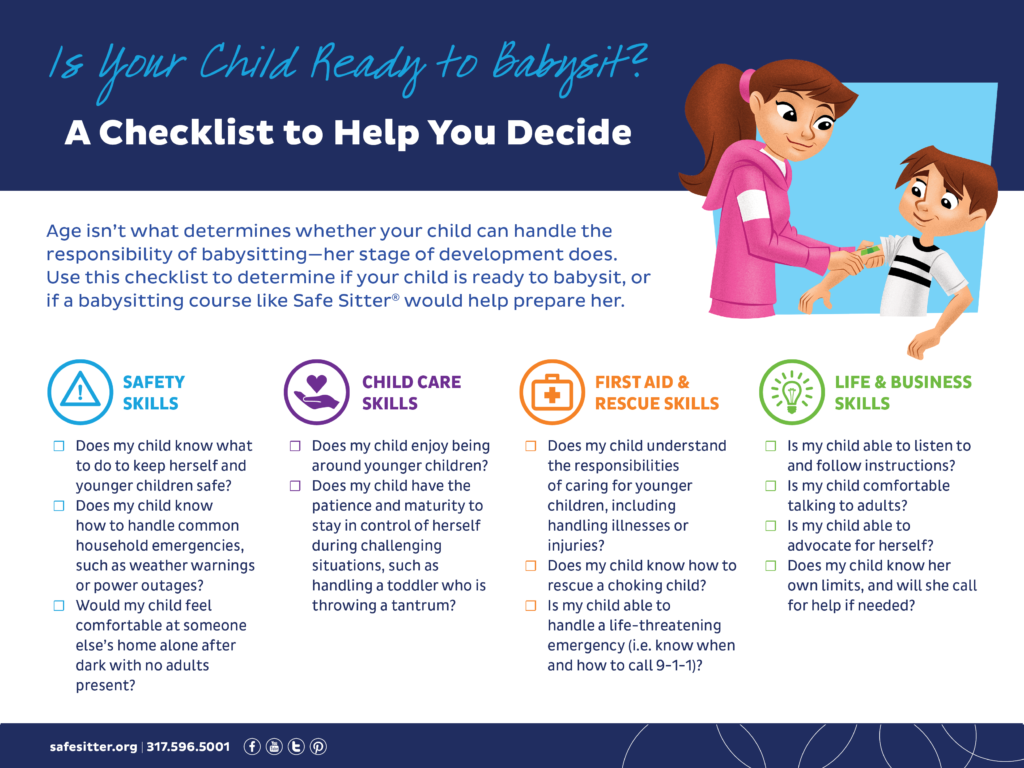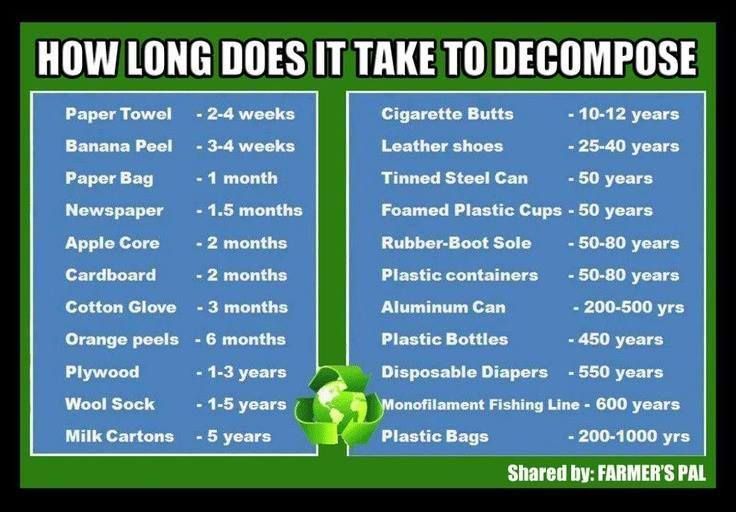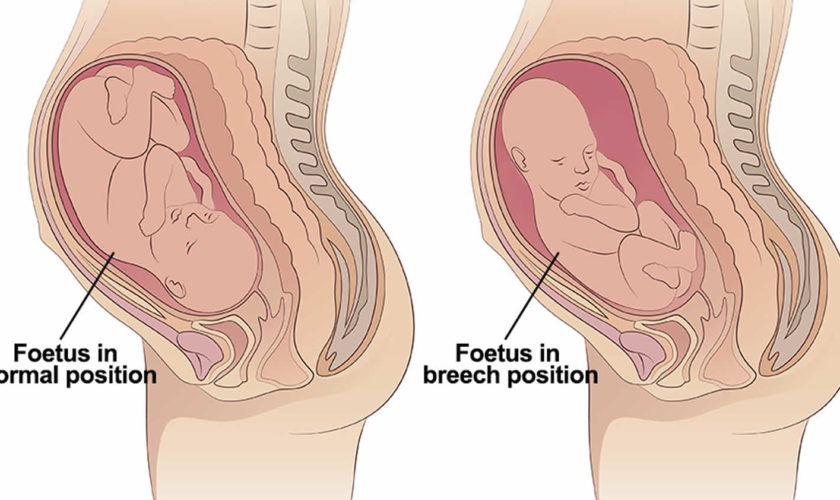How to handle a child that steals
Stealing in Children and Adolescents
Stealing in Children and Adolescents
No. 12; Updated December 2017
When a child or teenager steals, parents are naturally concerned. They worry about what caused their child to steal, and they wonder whether their son or daughter is a "juvenile delinquent."
It is normal for a very young child to take something which excites his or her interest. This should not be regarded as stealing until the youngster is old enough, usually three to five years old, to understand that taking something which belongs to another person is wrong. Parents should actively teach their children about property rights and the consideration of others. Parents are also role models. If you come home with stationary or pens from the office or brag about a mistake at the supermarket checkout counter, your lessons about honesty will be a lot harder for your child to understand.
Although they have learned that theft is wrong, older children or teenagers steal for many reasons. A youngster may steal to make things equal if a brother or sister seems to be favored with affection or gifts. Sometimes, a child may steal as a show of bravery to friends, or to give presents to family or friends or to be more accepted by peers. Children may also steal because they might not want to depend on anyone, so they take what they feel they need.
Parents should consider whether the child has stolen out of a need for more attention. In these cases, the child may be expressing anger or trying to "get even" with his or her parents; the stolen object may become a substitute for love or affection. The parents should make an effort to give more recognition to the child as an important family member.
If parents take the proper measures, in most cases the stealing stops as the child grows older. Child and adolescent psychiatrists recommend that when parents find out their child has stolen, they:
- tell the child that stealing is wrong
- help the youngster to pay for or return the stolen object
- make sure that the child does not benefit from the theft in any way
- avoid lecturing, predicting future bad behavior, or saying that they now consider the child to be a thief or a bad person
- make clear that this behavior is totally unacceptable within the family tradition and the community
When the child has paid for or returned the stolen merchandise, the matter should not be brought up again by the parents, so that the child can begin again with a "clean slate.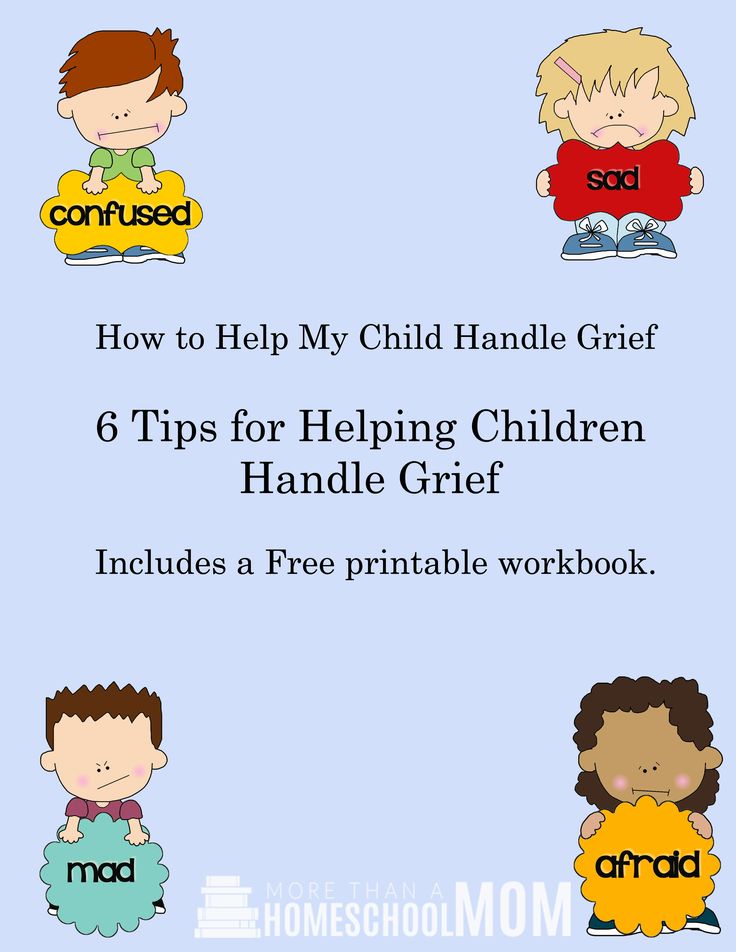 "
"
If stealing continues or is present in a child with other problem behaviors or symptoms, the stealing may be a sign of more serious problems in the child's emotional development or problems in the family. Children who repeatedly steal may also have difficulty trusting others and forming close relationships. Rather than feeling guilty, they may blame the behavior on others, arguing that, "Since they refuse to give me what I need, I will take it." These children would benefit from an evaluation by a mental health provider
In treating a child who steals persistently, a mental health provider will evaluate the underlying reasons for the child's need to steal, and develop a plan of treatment. Important parts of treatment can be helping the child form trusting relationships and helping the family to direct the child toward a healthier path of development.
If you find Facts for Families© helpful and would like to make good mental health a reality, consider donating to the Campaign for America’s Kids. Your support will help us continue to produce and distribute Facts for Families, as well as other vital mental health information, free of charge.
Your support will help us continue to produce and distribute Facts for Families, as well as other vital mental health information, free of charge.
You may also mail in your contribution. Please make checks payable to the AACAP and send to Campaign for America’s Kids, P.O. Box 96106, Washington, DC 20090.
The American Academy of Child and Adolescent Psychiatry (AACAP) represents over 10,000 child and adolescent psychiatrists who are physicians with at least five years of additional training beyond medical school in general (adult) and child and adolescent psychiatry.
Facts for Families© information sheets are developed, owned and distributed by AACAP. Hard copies of Facts sheets may be reproduced for personal or educational use without written permission, but cannot be included in material presented for sale or profit. All Facts can be viewed and printed from the AACAP website (www.aacap.org). Facts sheets may not be reproduced, duplicated or posted on any other website without written consent from AACAP.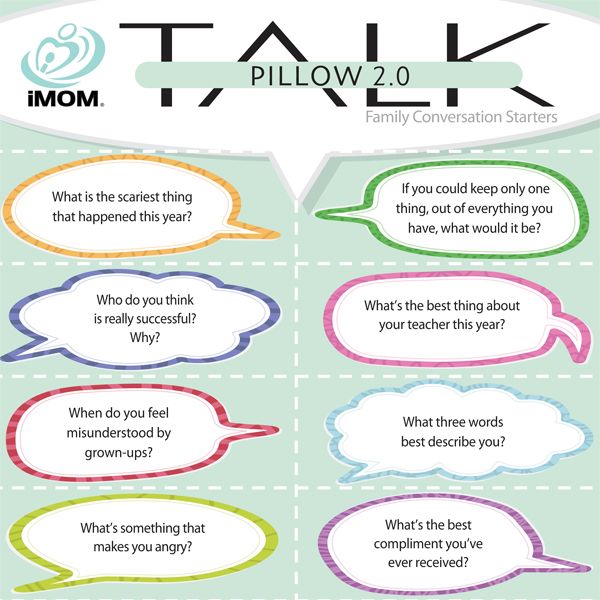 Organizations are permitted to create links to AACAP's website and specific Facts sheets. For all questions please contact the AACAP Communications Manager, ext. 154.
Organizations are permitted to create links to AACAP's website and specific Facts sheets. For all questions please contact the AACAP Communications Manager, ext. 154.
If you need immediate assistance, please dial 911.
Copyright © 2023 by the American Academy of Child and Adolescent Psychiatry.
Why Kids Steal and How to Deal With It (Age-by-Age Guide)
Your five-year-old daughter asks you to buy her a candy bar, but you say no. “Today I’m just getting the groceries we need for the week. No candy,” you answer, calmly but firmly.
But when you get her into her car seat, you notice something shiny poking out from her pocket. Your face starts to feel hot as you realize what happened.
You take a moment to think through your options. You could launch right into a punishment, or you could ask her if she took anything from the store. You could march her right back inside to return the stolen item.
What’s the right way to handle this?
When younger kids steal, it’s important to discipline them in a firm, yet loving way. But what happens when older children who know better start shoplifting or taking things from others?
But what happens when older children who know better start shoplifting or taking things from others?
Stealing is usually a normal behavioral issue that many kids will do. How to respond to stealing depends on your child’s age and the specifics of the situation.
Related: Why Is My Daughter Stealing?
If you’re worried your kid could become a bit of a kleptomaniac, don’t fear. Here are age-specific ideas for handling a child who takes something that is not theirs.
Why Kids Steal
There are several reasons why children take things that do not belong to them. Younger kids may steal because they simply want something and they don’t have the self-control to stop themselves. It may be out of envy, revenge, or just a strong desire for an item. Or maybe they just don’t know any better.
As kids get older, they may steal out of envy, revenge, or desire too. But if it’s more than an isolated event, the bad behavior may be motivated by peer pressure, rebellion, or a desire to impress their peers.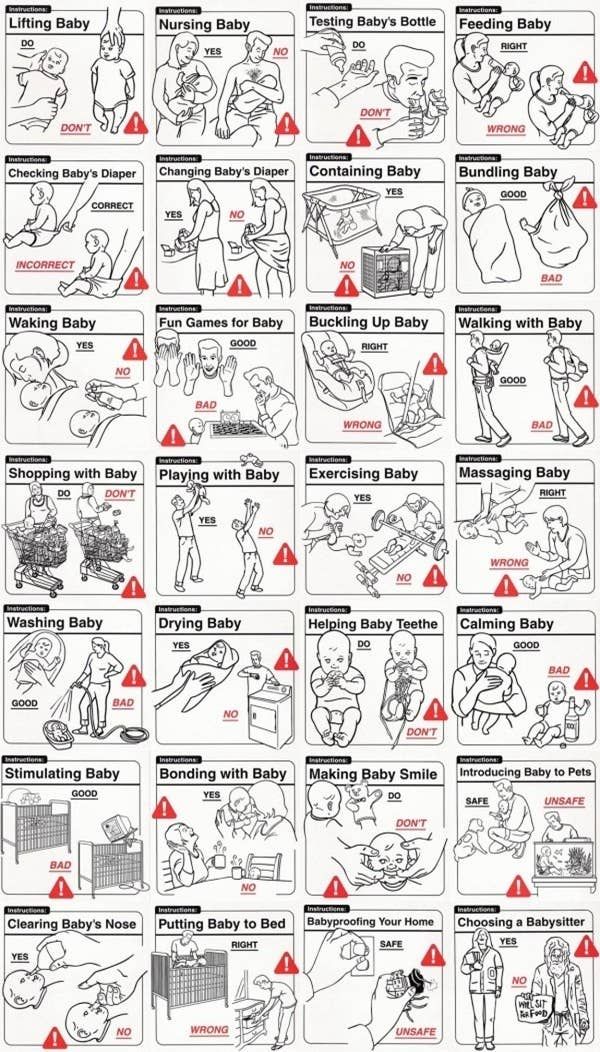 If the stealing behaviors seem to have come out of nowhere, there may be an underlying problem to address.
If the stealing behaviors seem to have come out of nowhere, there may be an underlying problem to address.
Kids who keep stealing even after several attempts to teach them not to may have something else going on. Experiencing trauma can lead to issues with impulse control or compulsive stealing.
What to Do When Young Children Steal
Let’s start with the youngest kids — toddlers and preschoolers. If a two or three-year-old takes something from a store or from their sibling, their parents need to very clearly tell them that we do not take things from others without permission.
In the case of a store, we need to buy it, and the adult needs to say “yes.”
Have them put the item back, or take it from them and give it back yourself. That’s it though. No punishment or later consequences are required.
Remember that discipline means “to teach.” At this developmental stage, your child is still learning about ownership and permission. Keep it simple and don’t get mad. But, remember to be consistent. If you don’t want them stealing as they grow older, make sure not to allow it now.
But, remember to be consistent. If you don’t want them stealing as they grow older, make sure not to allow it now.
As kids get into elementary school, it’s important to have a more serious discussion about why stealing is wrong. Anything that your child takes from a place of business you should require them to return.
The sales associate or manager may choose to have a word with them, and that’s actually ideal. Regardless, make sure to have your own conversation about why it’s not OK to take something without paying for it.
If your child is taking things from other kids’ backpacks or a friend’s house, it may actually be wise to keep the communication between the parents or teachers involved. It can be best to avoid ongoing drama between kids and have them put it back. Parents and teachers should both speak to the child about the misbehavior privately.
In the case of taking things from family members, you may wish to have your kid return the items to the person and do some kind of restitution, such as an apology note.
Refrain from trying to scare your child by telling them they could go to jail or saying that they are a bad kid. This is not necessary and it is likely to do more harm than good. Focus on the present moment and the moral lesson you want to teach.
Often, kids won’t steal after the first time if you have responded seriously. But, some kids will keep taking things. Repetitive stealing may have a deeper root cause.
It’s important to seek professional help if you can’t identify the root cause or if you don’t know how to stop the behavior. Increasingly harsh punishments are not likely to help a young child who is struggling emotionally.
What to Do When Older Kids Steal
Teens and preteens generally understand that stealing is not OK. They know right from wrong, yet kids at this age do steal. Teens might steal to rebel or impress their peers.
They may enjoy the thrill, or they may be suffering from low self-esteem. In many cases, it’s a phase, but that doesn’t mean you should just wait for it to pass.
If you find out that your child has been stealing, it’s important to have a serious conversation about both the moral reasons to not steal and the legal implications. If your child is caught stealing and the police are called, try to stay calm.
They are still minors and this won’t go on their record. An arrest might actually be an effective natural consequence. It could be better for them to learn their lesson now than when they are older and it would stay on their record.
If your teen has stolen money or items from you, focus on trust in your conversation with them afterward. Let them make amends or pay you back (in cash or with extra chores).
Just like with young children, you are not going to solve this behavior problem by yelling really loud or taking away all of your child’s privileges. However, it’s fair to limit their freedom if you don’t feel like you can trust them. Make sure you have a plan in place for them to earn your trust back though.
How to Teach Kids That Stealing Is Wrong
You can teach your kids from a young age that there are items that belong to others.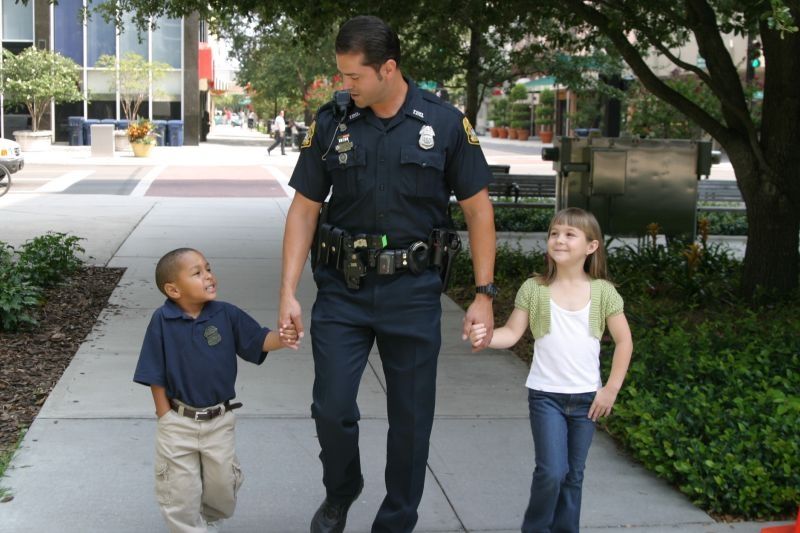 Keep your language positive. Say “That is Sarah’s scooter,” instead of “That’s not yours.”
Keep your language positive. Say “That is Sarah’s scooter,” instead of “That’s not yours.”
Try to take your little one to the store with you at least some of the time. This is a good place to talk about paying for things. With toddlers it’s to keep it simple — we have to pay for the groceries before we can take them home. As your kids grow you can begin to have conversations about livelihood. You can tell them a simplified version of the consumerism chain.
When buying milk, for example, you can talk about how the farmer needs to feed his family, so he sells the milk to the store. The store owner needs to feed his family, so he sells the milk to us. This is a good way to start to build an understanding of society’s structure, and why stealing is considered a bad thing.
Older kids can understand the golden rule too — Do unto others as you would have others do unto you. Ask them how they would feel if someone took something from them without their permission.
Teens and tweens are developing their own moral compass and their sense of justice.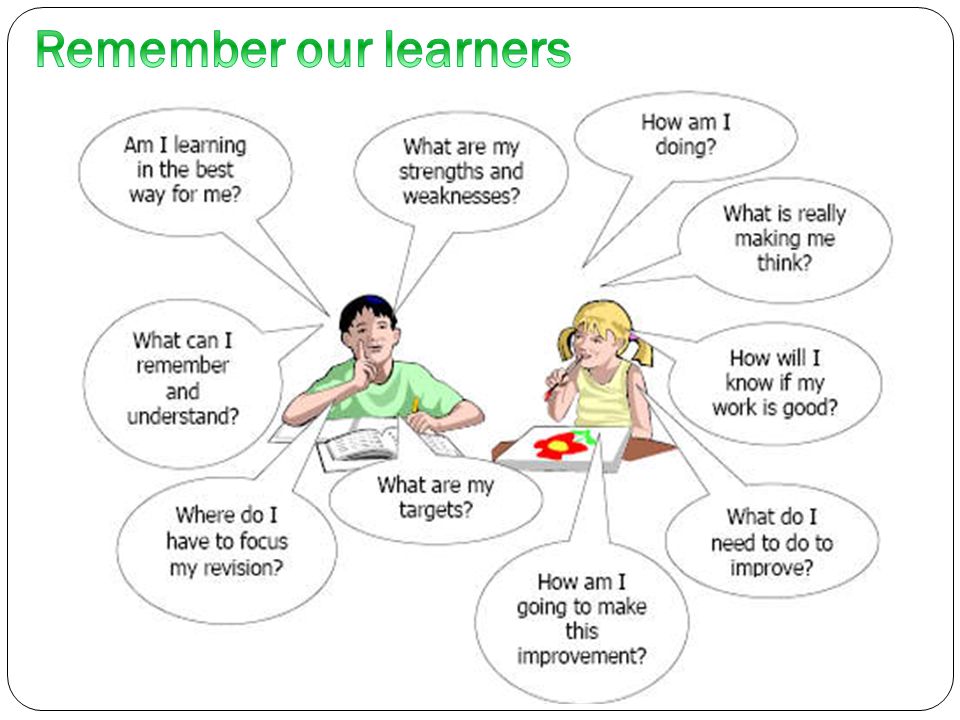 Talk to them about the kind of person they want to be, and what that person would do in situations. You can also delve into trust and accountability with teens.
Talk to them about the kind of person they want to be, and what that person would do in situations. You can also delve into trust and accountability with teens.
They want your trust, and they want more independence and responsibilities. Talk about how freedom and responsibility are related. Shoplifting or taking money from their parents doesn’t demonstrate that they can be trusted to handle more freedom.
Stealing From Family Versus a Store
You might be wondering if you should handle stealing from a store differently from stealing from a family member or friend. The moral conversation is basically the same in both cases. It’s wrong to take something that doesn’t belong to you. We live in a society where ownership exists and we respect others’ possessions.
Your conversation about a store owner needing to support his family might be slightly different from your discussion about respecting siblings’ possessions. But the overarching idea is that we don’t take without permission or payment.
That being said, at a store things are a bit less personal. Stealing from a store is also punishable by law. It’s important that your child knows that, even if they are in elementary school.
Is Stealing a Phase Kids Go Through?
Stealing can be a phase, especially for teens who might steal money, liquor, or other things they aren’t supposed to have. Young kids may also go through a stealing phase when they are testing limits and learning what they can and cannot get away with.
But just because it’s a phase does not mean that you should just let it pass. It’s important to take a stand and be firm about your family values. This helps kids — from toddlers to teens — feel safe and secure.
You should address stealing firmly and immediately. The fact that it could be a phase may comfort you, as the parent. But you still need to respond to it.
Your child needs to know that you oppose stealing and that you won’t let it slide. Otherwise, it may no longer be a phase.
What If My Child Keeps Stealing?
If you’re reading this article because you have already tried to discipline your kid for stealing but they keep doing it, take a deep breath. You are not alone. Some children steal due to underlying issues and they need a completely different approach.
When stealing is a serious problem children may have experienced trauma. In this case, it’s important to work with a mental health professional to address the underlying issues.
Stealing may be a trauma response for children who have been abused or experienced challenging living conditions, such as foster children. They may steal compulsively as a subconscious way to make sure they have what they need to be safe. They may have lost everything and feel compelled to collect what they can.
It is still important to make a statement to your child that stealing is not OK and that stolen goods must be returned. In some cases, privileges might need to be revoked if you can’t trust your kid.
That being said, a little bit of compassion goes a long way when there is a more serious problem present.
Switch your mindset away from punishment or force. Your goal shouldn’t be to make them feel bad — they already do. You want to be someone who is there for them.
For younger kids, continue to reinforce your expectations. With older kids, tell them that you love them and this behavior is not OK, and you are going to help them.
Why does a child steal and what should parents do? The opinion of a child psychologist - News of Yakutia
YAKUTIA.INFO. Having learned that a child has stolen a toy at a party or a chocolate bar in a store, some parents will panic - a little thief is growing, others will brush it off - everyone has stolen something at least once in their lives. The truth, as usual, lies somewhere in between. You should not immediately scold the child, it is important to figure out why he took a thing that does not belong to him, whether he understands what theft is and, if so, why he does it. Sometimes the reasons for this behavior can surprise parents.
Sometimes the reasons for this behavior can surprise parents.
If you are experiencing child theft or other behavioral problems, consider seeking help from a child psychologist. The specialist will help to understand the root of the problem, find an approach to the child and correct his behavior. On request "child psychologist Odessa" you can find a competent specialist in your city.
In this article, we propose to discuss the view of psychologists on children's theft - what are the reasons and what to do about it.
Why do children take or steal?
Most child psychologists agree that if a child stole something at preschool age, he did it unintentionally, that is, without understanding what theft is. The fact is that small children do not always clearly understand where someone else's thing is, and where is mine.
Children aged 4-6 already understand that there are my things, and there are strangers, but this age is characterized by strong impulsiveness.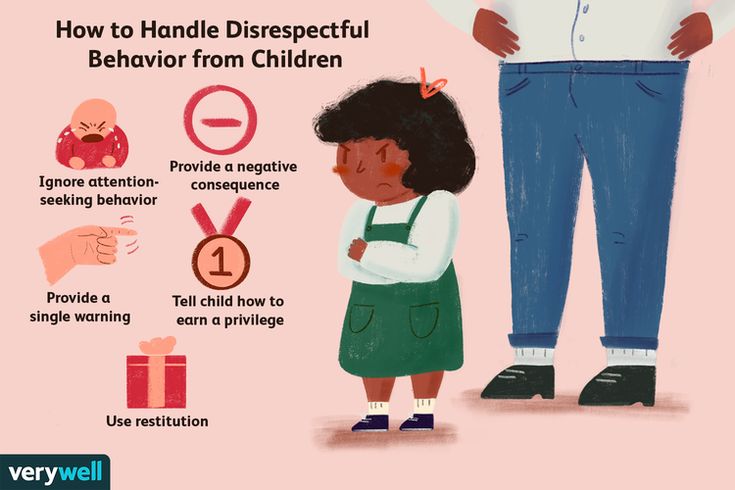 A child can take a toy in a store because he wants to. Yes, he understands that it is impossible, but he took it. At this age, children are still too selfish and it is important for parents to act delicately - to explain to the child that it is impossible to take other people's things without asking, why this is bad. But branding a child as a thief is categorically unacceptable.
A child can take a toy in a store because he wants to. Yes, he understands that it is impossible, but he took it. At this age, children are still too selfish and it is important for parents to act delicately - to explain to the child that it is impossible to take other people's things without asking, why this is bad. But branding a child as a thief is categorically unacceptable.
Let's see what, according to psychologists, can induce a child to steal or take someone else's thing:
- the child is still small, he has long wanted some toy or other thing, he saw it in a store or at a party and took it;
- some children want to give mom or dad a gift, because they don't have their own money, they steal some things;
- very often children can steal in order to attract the attention of their parents or to show them their resentment for some act;
- it also happens that children perceive theft as the norm - here the question is for the parents, upbringing and environment of the child.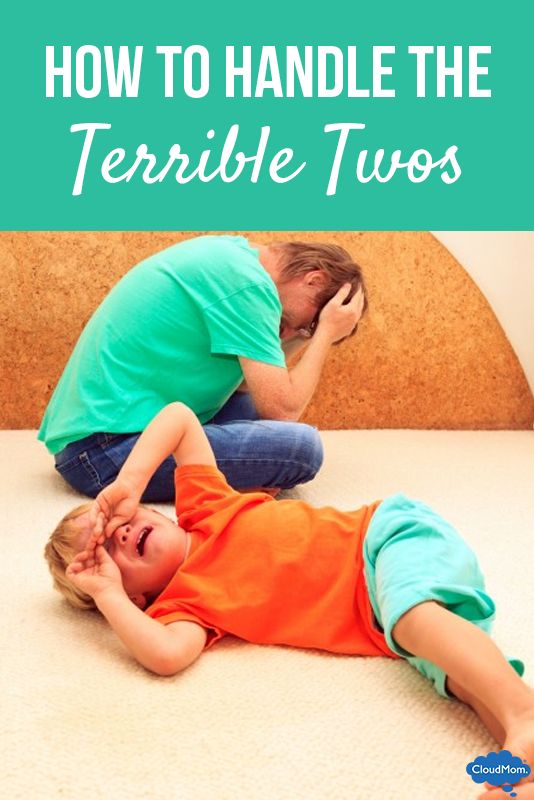
What to do if a child steals
You should never judge a child without understanding. First, find out what prompted the child to do this, and then, based on the situation, explain why this should not be done. Ask your child to return the stolen item to a friend or store and apologize - this is the best way to punish, which will show that there are consequences for every action.
Child psychologists also advise:
- do not discuss the problem with outsiders - only in the family circle and with a psychologist;
- if the child admitted that he was guilty, returned the thing and asked for forgiveness, the topic is closed - do not think about it;
- do not use another child as an example - talk to your child only about him, show that you condemn his act, but not himself;
- periodically discuss with your child why it is impossible to take other people's things, tell them what the consequences of stealing can be.
Remember that most often children's theft is an attempt by a child to attract the attention of parents. Working with a psychologist will help to understand what is bothering the child and help him.
Working with a psychologist will help to understand what is bothering the child and help him.
What to do if your child steals: advice from a social worker
Finding out that a child is stealing is an ordeal for any parent. Often adults do not understand how to behave correctly in such a situation: scold a young offender, punish or take him to a psychologist. The social work specialist of the Izmailovo family center Daria Kapitonova will help you figure it out.
“Often the causes of child theft lie much deeper than what comes to the mind of parents. But this is not a lack of sweets or toys, but the loneliness and anxiety of a child ,” the specialist notes.
Typical reasons for children stealing:
- attempt to attract the attention of parents or other significant adults;
- way to express aggression;
- desire to increase self-esteem.
Rules that will help parents understand the situation:
- Never scold a child in front of strangers, especially if they are victims . Calmly talk to your child separately. Explain why his action upsets you, what consequences it brings.
Calmly talk to your child separately. Explain why his action upsets you, what consequences it brings.
- Do not artificially arouse in the child a feeling of guilt for the committed act, do not allow insults and raising your voice. Speak, explain in simple terms the inadmissibility of theft in your family and in society. Try to put the child in the place of his victim and let him feel how insulting it is when your things are taken away. Only sincere repentance will help to cope with the desire to steal.
- Talk to your child about their relationships with peers. An indirect cause of child theft may be a desire to gain recognition and respect from friends and classmates. In this case, with the stolen money, the child buys sweets, toys, pays for group trips to the cinema and cafes, hoping to buy the love of peers and be accepted into the group.
- Do not threaten your child with the loss of your love. Condemn the act, but not the child's personality.